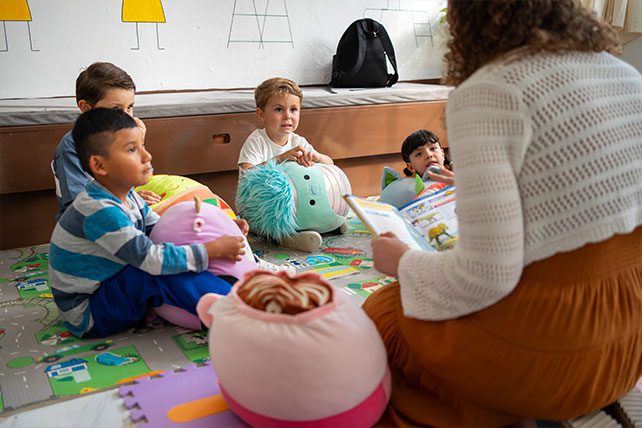More Storytelling Tips for KidMin Teachers
13. Give your characters opinions. Passive/malleable might seem likable to you as you write, but it’s poison to the audience.
14. Why must you tell this story? What belief is burning within you that your story feeds off of? That’s the heart of it.
15. If you were your character, in this situation, how would you feel? Honesty lends credibility to unbelievable situations.
16. What are the stakes? Give us reason to root for the character. What happens if they don’t succeed? Stack the odds against.
17. No work is ever wasted. If it’s not working, let go and move on – it’ll come back around to be useful later.
18. You have to know yourself: the difference between doing your best & fussing. Story is testing, not refining.
19. Coincidences to get characters into trouble are great; coincidences to get them out of it are cheating.
20. Exercise: Take the building blocks of a movie you dislike. How do you rearrange them into what you do like?
21. You’ve gotta identify with your situation/characters; you can’t just write “cool.” What would make you act that way?
22. What’s the essence of your story? The most economical telling of it? If you know that, you can build out from there.
How can you apply these storytelling tips to teaching Sunday school? What will help you better communicate with kids today?

